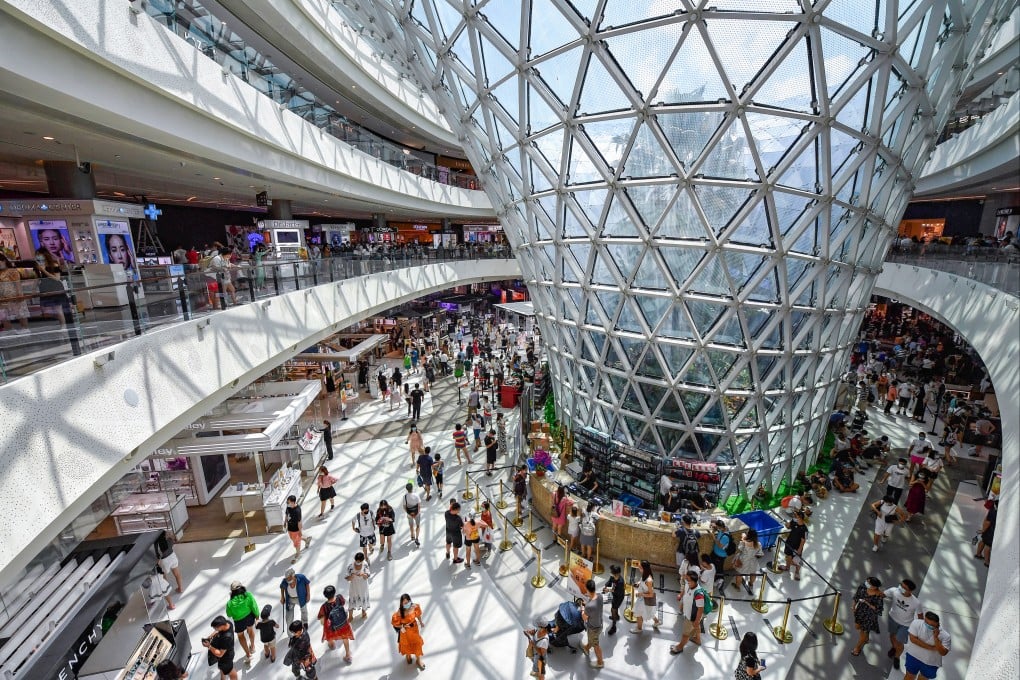City Beat | Misconceptions about Hong Kong are real, but it’s still economy over politics
- Concerns about Hong Kong’s future, in many ways, eventually settle on its competitiveness and potential, even if politics is inevitably intertwined
- Hong Kong must walk the talk, and get Beijing’s backing to showcase how ‘two systems’ is not only alive but working well

This was a rather surprising question from a senior executive of a major international brand to a Hong Kong business delegation visiting Europe recently. The influential business leaders from the Better Hong Kong Foundation, a privately funded non-profit organisation, were meeting their European peers to exchange views on the city’s latest political and economic situation.
Where China’s “duty-free shopping paradise” should be located became a more stimulating topic of conversation than the usual politics. As an invitee at the meeting, I realised that concerns about Hong Kong’s future, in many ways, eventually settle on its competitiveness and potential, even if politics is inevitably intertwined.
The southern province of Hainan, dubbed “China’s Hawaii”, is 12 times the size of Hong Kong. It has transformed into the country’s biggest duty-free shopping destination, with annual sales volume in that sector for 2023 surging to more than US$6.1 billion. The year-on-year growth of 25.4 per cent was thanks to a special policy granted by Beijing in 2020, with an ambitious plan to transform the entire island into a duty-free zone by 2025. More than 800 international and domestic brands have already set up shop in Hainan, and more are in the pipeline.
This points to the reality that for a country of China’s size with such a huge population, having two duty-free shopping hubs is not only inevitable but there could be room for even more.

